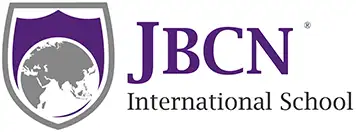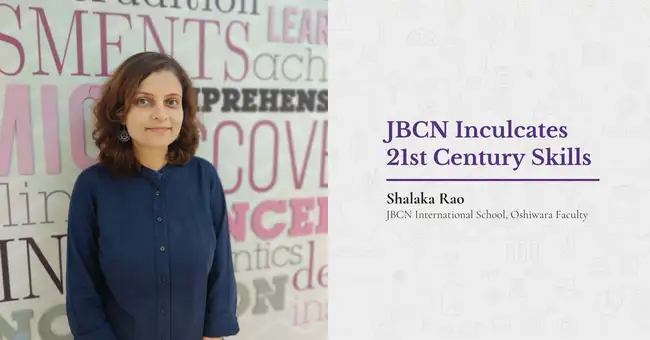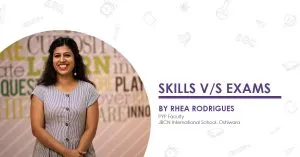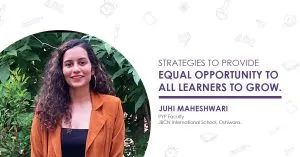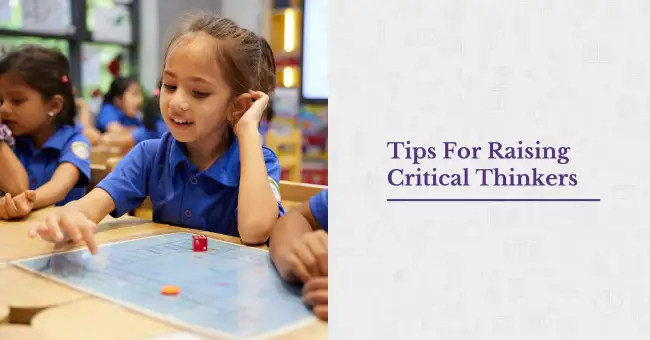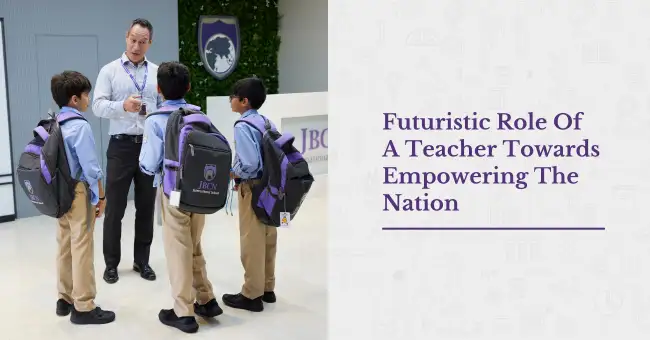
By the time our youngest Generation Z or the iGeneration children grow up to be in workspaces, most of today’s career choices may render themselves obsolete. Many new careers will mushroom. What are we then preparing our learners for? What skills are we equipping them with? Do we still think the opening question is relevant anymore?
Instead, imagine asking this generation of learners a question - How would you like to contribute to the society?
Through one question, we sow the seed of a thoughtful inquisition. To find out the answer to the question, learners are required to research what needs to be done to improve the society. Their research may span across subjects of Science, Politics, Economics, Technology, and many more. The learning does not stagnate with an accumulation of knowledge, but it is only a starting point. It is fuelled by skills of research, critical thinking, problem-solving, collaboration and creativity, to name a few.
Source: http://institute-of-progressive-education-and-learning.org
Project Based Learning
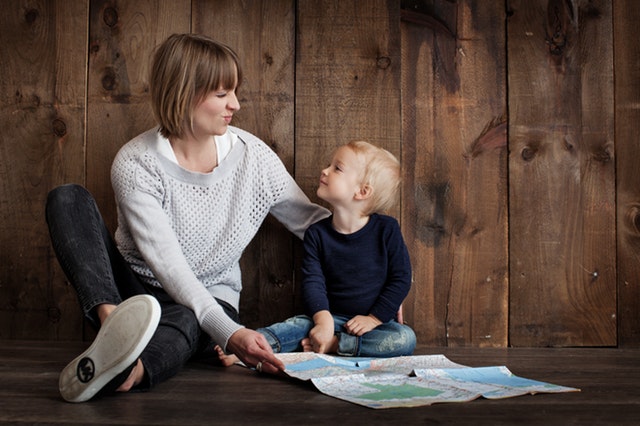
To prepare this post-millennial generation for future challenges, it is the need of the hour to deviate from content-based learning to relatively newer methods of teaching-learning such as Project-based Learning (PBL). PBL can be best defined as a teaching method through which learners work to answer a complex question or solve a complex problem. This problem solving includes researching the question, synthesizing the information, working with others, and presenting the work to the class.
How interesting it is to see a class of 8-year olds learning the basics of the judicial system through a role play of a courtroom trial! Imagine 6-year olds learning to differentiate between needs and wants while learning about the math concept of money integrated with the life skill of savings. How meaningful would be a lesson learnt when 12-year-old learners, lead the change by identifying reckless usage of plastic as an environmental problem and initiate a school-wide plastic collection drive. These are learnings beyond the walls of a classroom, beyond the confines of a textbook, beyond the stereotypes of today’s education and preparing learners to be thinkers, risk takers and future leaders.
Everyone has heard the famous quote by Confucius:
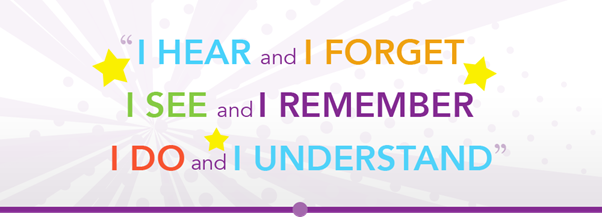
Studies have proven that when implemented well, project-based learning (PBL) can increase retention of content and improve learners' attitudes towards learning, among other benefits. Studies comparing learning outcomes for learners taught via project-based learning versus traditional instruction show that it helps learners perform as well as or better than traditional learners in high-stakes tests, improves problem-solving and collaboration skills, and improves their attitudes towards learning. A 2016 education research review found that PBL prepared learners for deeper learning, higher-level thinking skills, and intra/interpersonal skills.
Project Learning At JBCN:
At JBCN, we have often seen this in practice during events such as Math Fiesta and Innovator’s Convention where all the 21st-century skills are at work to embrace challenges and create solutions. Events such as these incorporate Project Based Learning that does not just add a dose of relevance to the standard model of teaching-learning; it builds the learning within a relevant context from the very start, so learners are naturally more engaged. Besides the earlier mentioned skills, learners polish their skill of communication and presentation effectively via project-based learning.It is often easy to impress people using these pedagogical terminologies and claim to be implementing PBL in a school. Project-based learning is often mistaken with learning that assigns projects. Teachers ‘teaching’ a content followed by a directed task as an individual or a group project is NOT project-based learning. There is a big difference between ‘doing projects’ and ‘project-based learning’. The image below will exactly highlight the difference in the simplest way.
Source: https://msellieb.wordpress.com
In an endeavour to bring the best opportunities to our young learners, from the next academic year, we will be introducing Global Perspectives in Primary years - a newly introduced skill based subject in Cambridge. This is a perfect vehicle for Project-based learning that will utilize multifaceted projects as a central organizing strategy for educating learners.
When engaged in Global perspectives projects, learners will typically be assigned a project or series of projects that require them to use diverse skills—such as researching, writing, interviewing, collaborating, or public speaking—to produce various work products, such as written or multimedia presentations, video documentaries, art installations, or musical and theatrical performances, for example. Unlike many tests, homework assignments, and other more traditional forms of academic coursework, the execution and completion of a project may take several weeks or months.
The Scope of Project Based Learning:
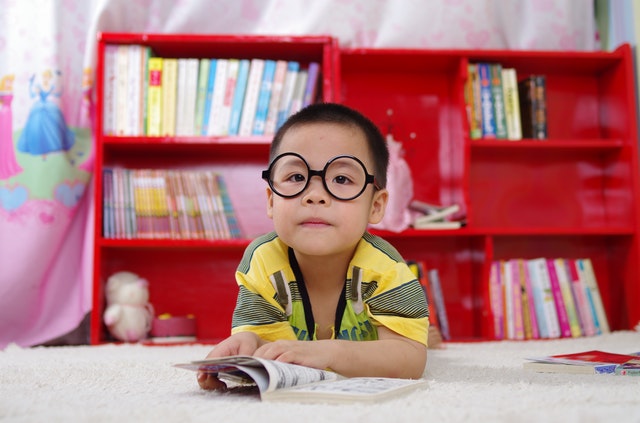
The project-based-learning experiences are often designed to address real-world problems and issues, which requires learners to investigate and analyse their complexities, interconnections, and ambiguities (i.e., there may be no “right” or “wrong” answers in a project-based-learning assignment). For this reason, project-based learning may be called inquiry-based learning or learning by doing, since the learning process is integral to the knowledge and skills that the learners acquire. Learners also typically learn about topics or produce work that integrates multiple academic subjects and skill areas.
For example, learners may be assigned to complete a project on a local natural ecosystem and produce work that investigates its history, species diversity, and social, economic, and environmental implications for the community. In this case, even if the project is assigned in a science course, learners may be required to read and write extensively (English); research local history using texts, news stories, archival photos, and public records (history and social studies); conduct and record first-hand scientific observations, including the analysis and tabulation of data (science and math); and develop a public-policy proposal for the conservation of the ecosystem (civics and government) that will be presented to the city council utilizing multimedia technologies and software applications (technology).
It is indeed when the boundaries of subjects merge seamlessly and we realise that knowledge of varied subjects and various skills are needed together to find a solution to a problem, do we understand the true meaning of learning? The learning of skills through PBL comes closest to being used in real life situations and hence most ideal to prepare our Gen-Z learners for a world to come.
As adults, let us open their minds to a myriad of possibilities, opportunities to pursue, ignite their minds with inquisition… allow them to question and in turn allow them to figure out the answers by themselves, let them hypothesize, let them make mistakes and learn, allow them to reflect on their own work, encourage them through their failures. Let us get the young ones set for a world of tomorrow!
Author: Ms SharanaSaxena
Head of Primary
JBCN International School, Oshiwara
